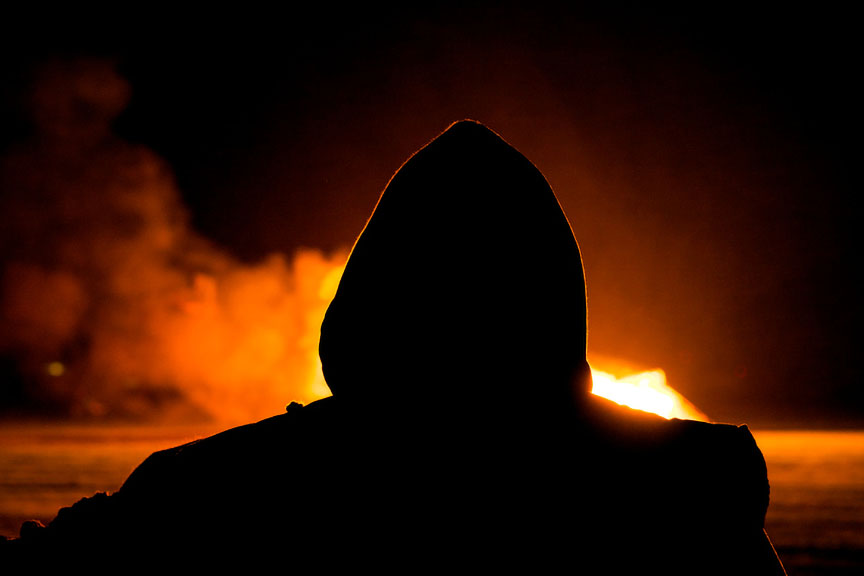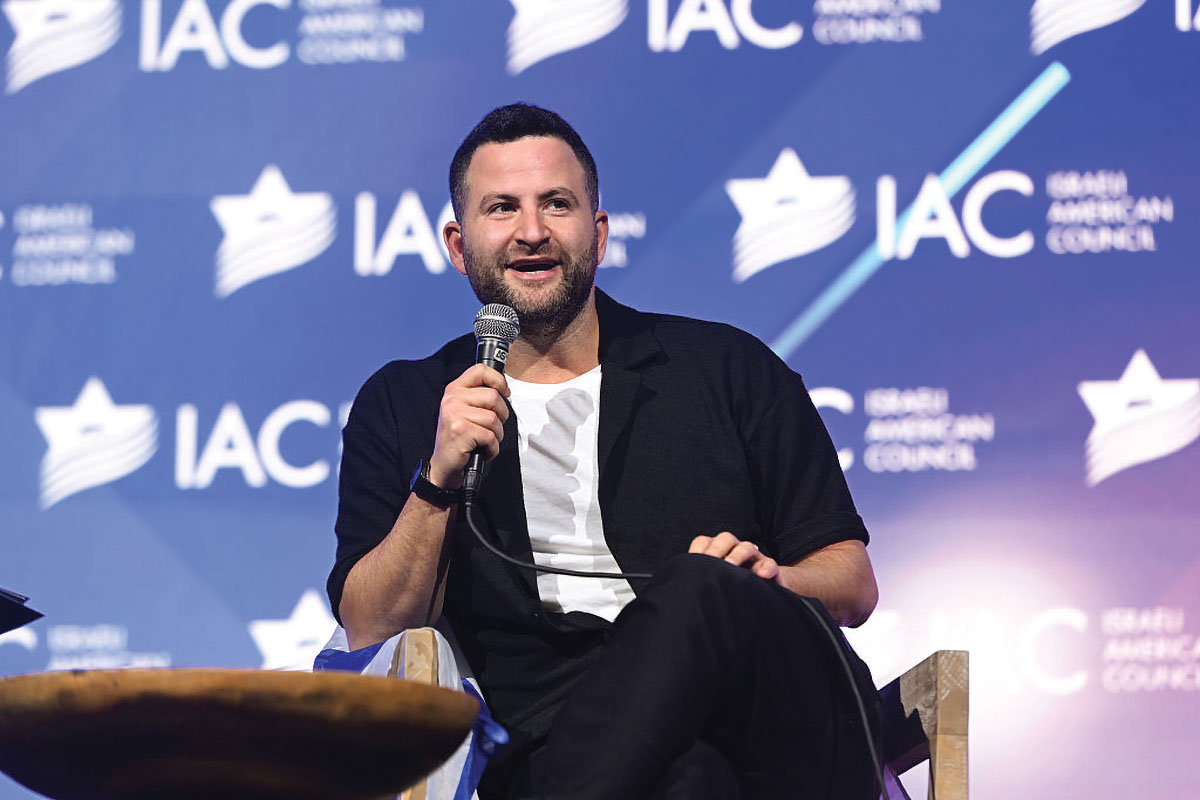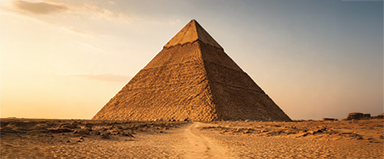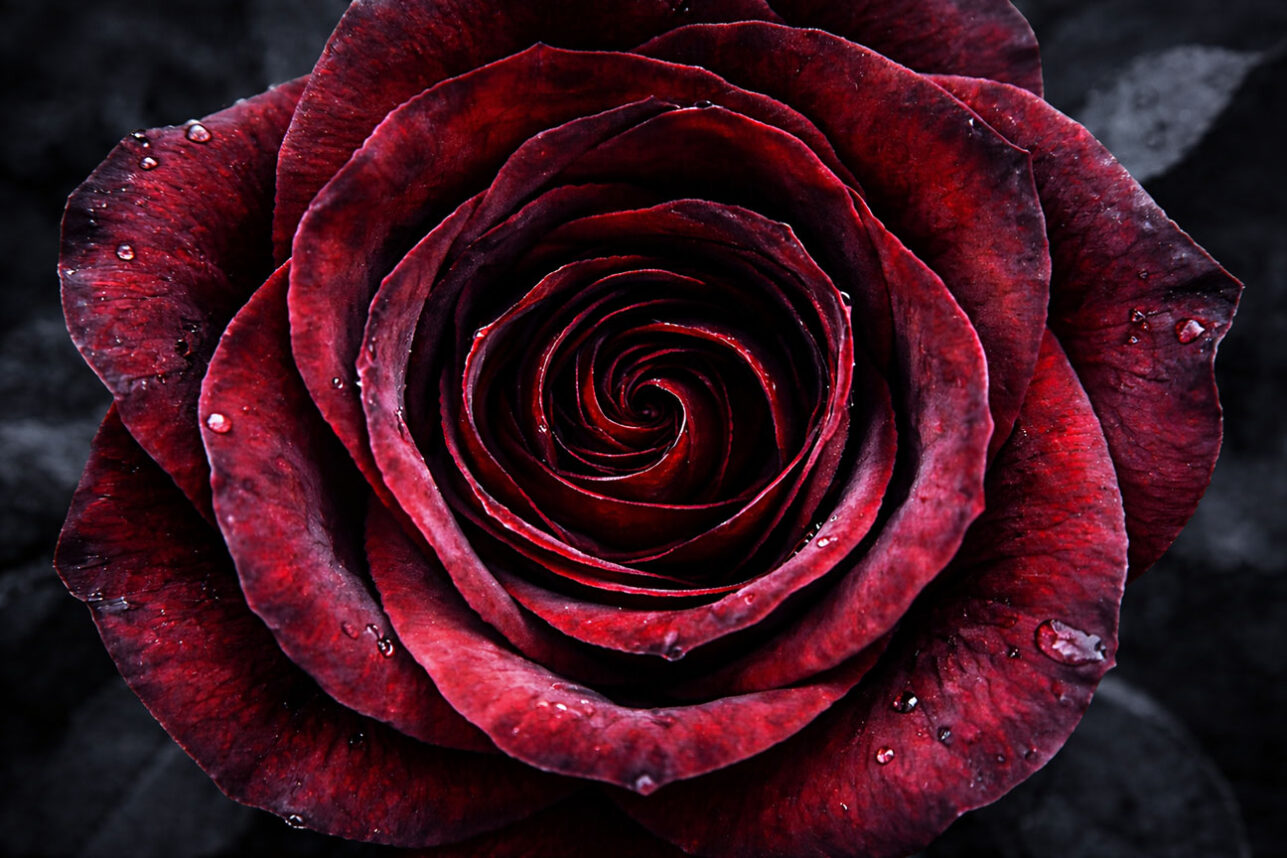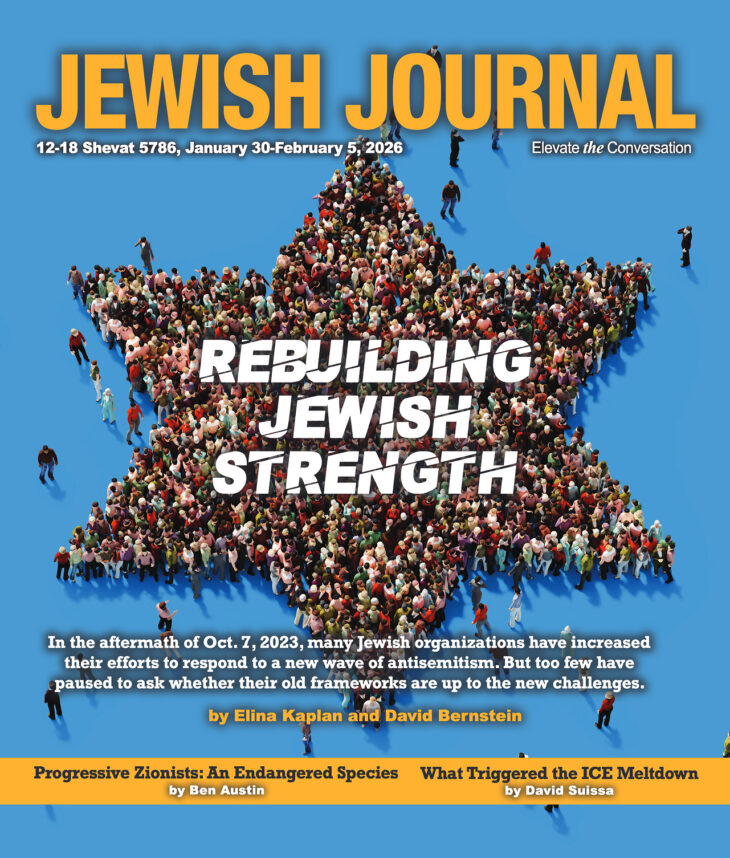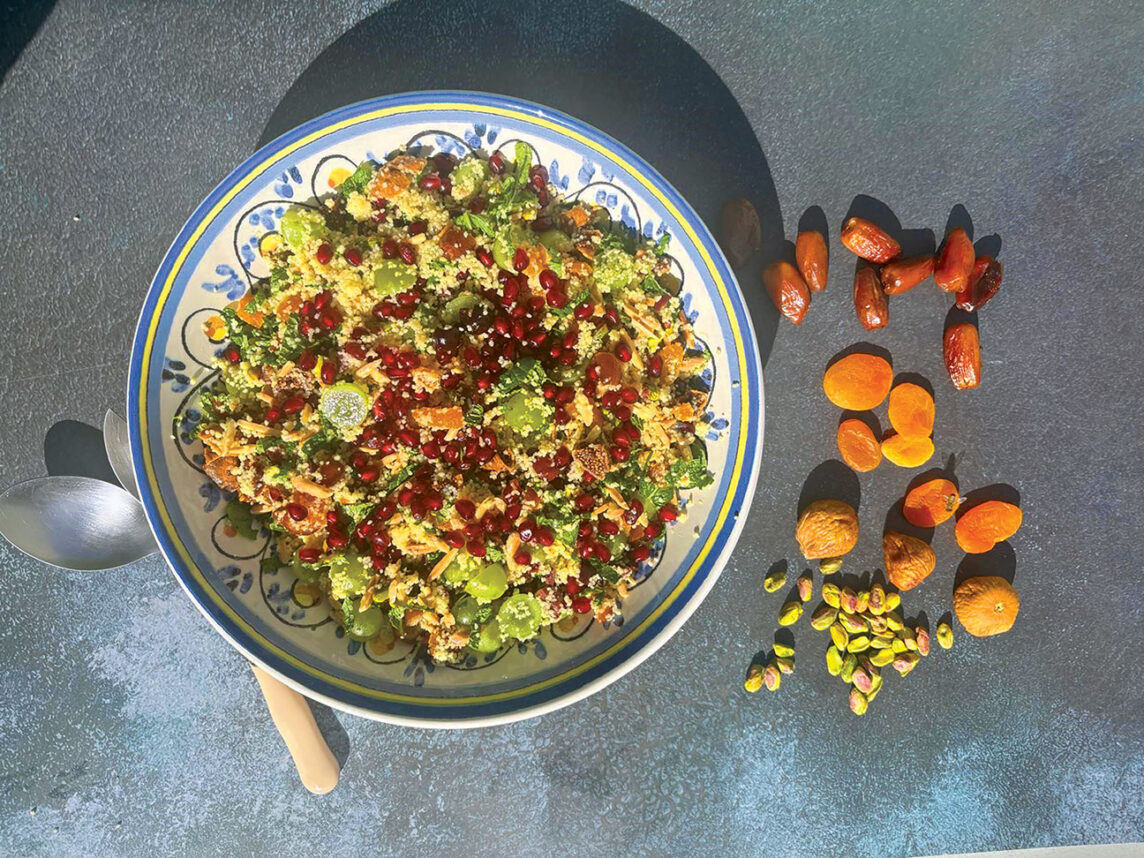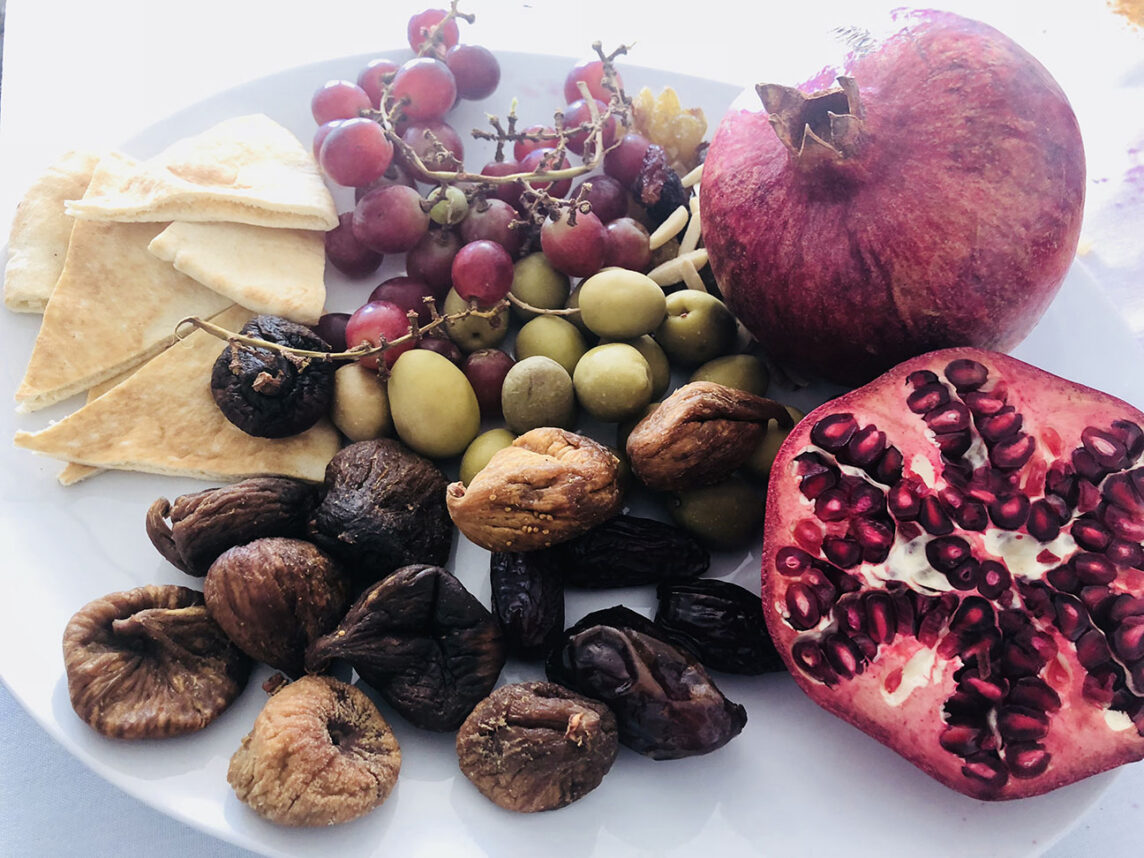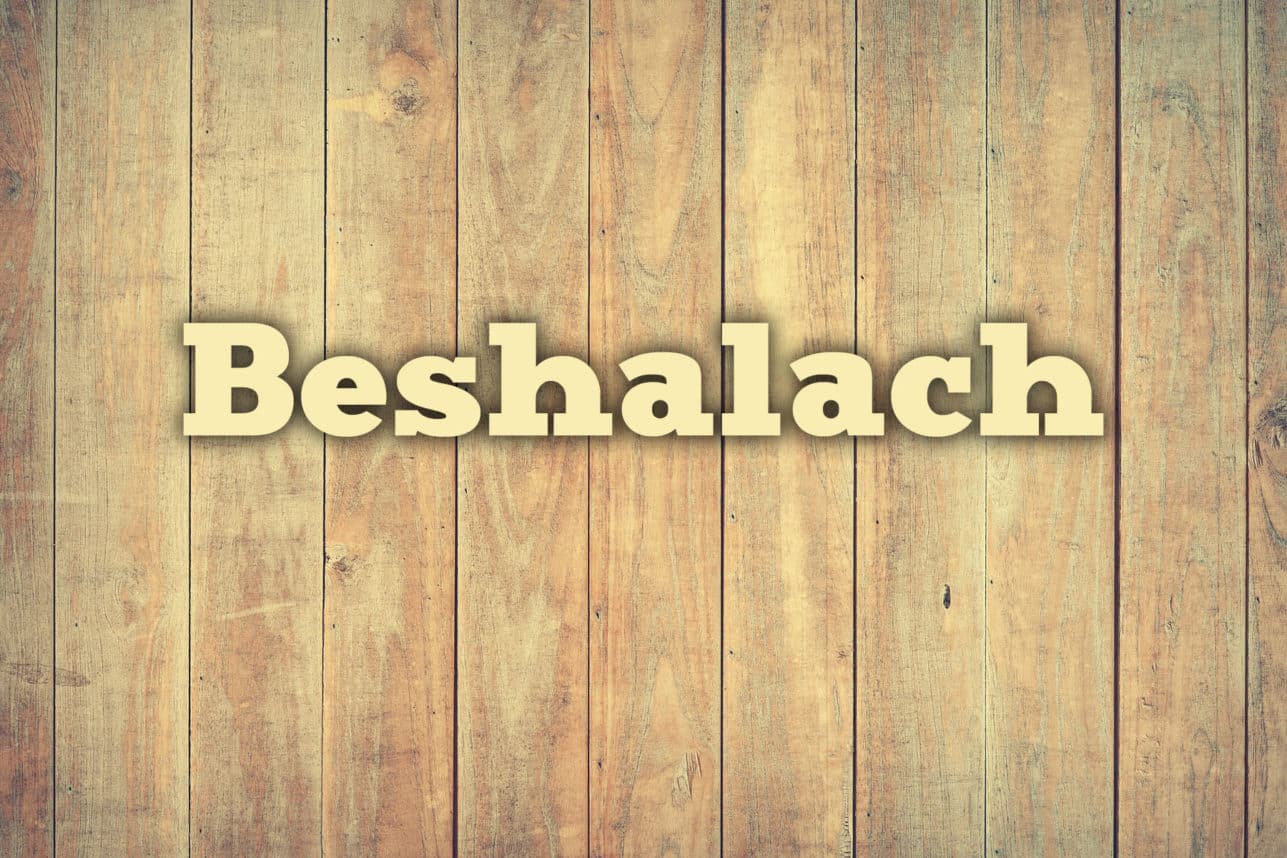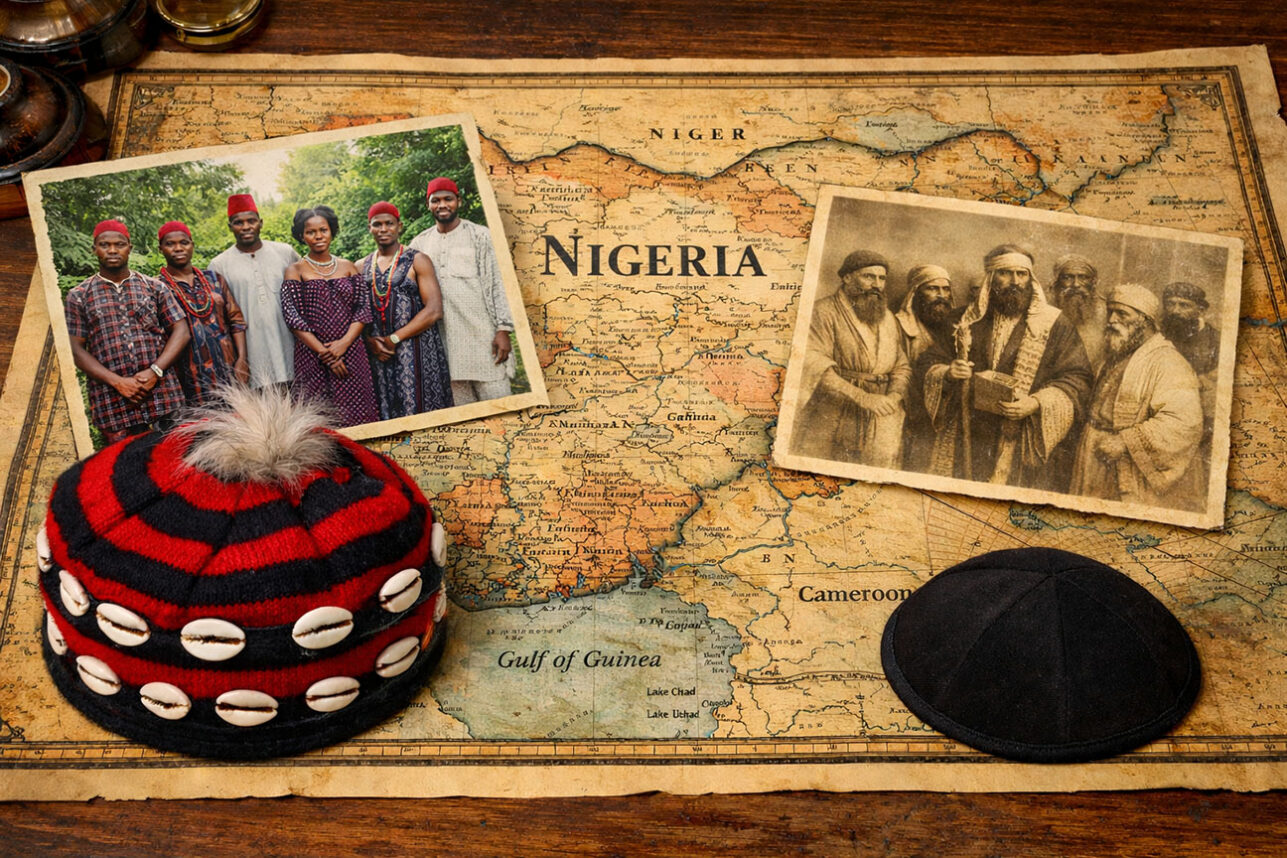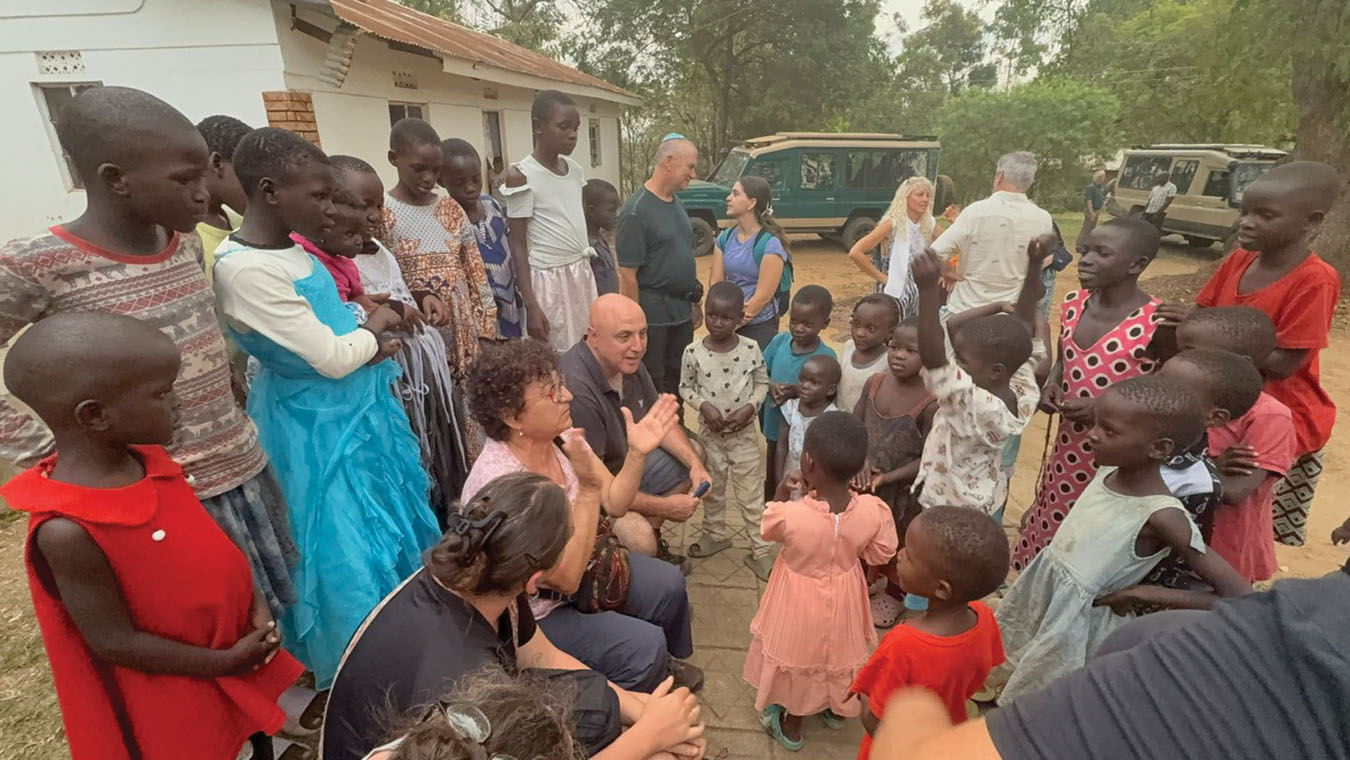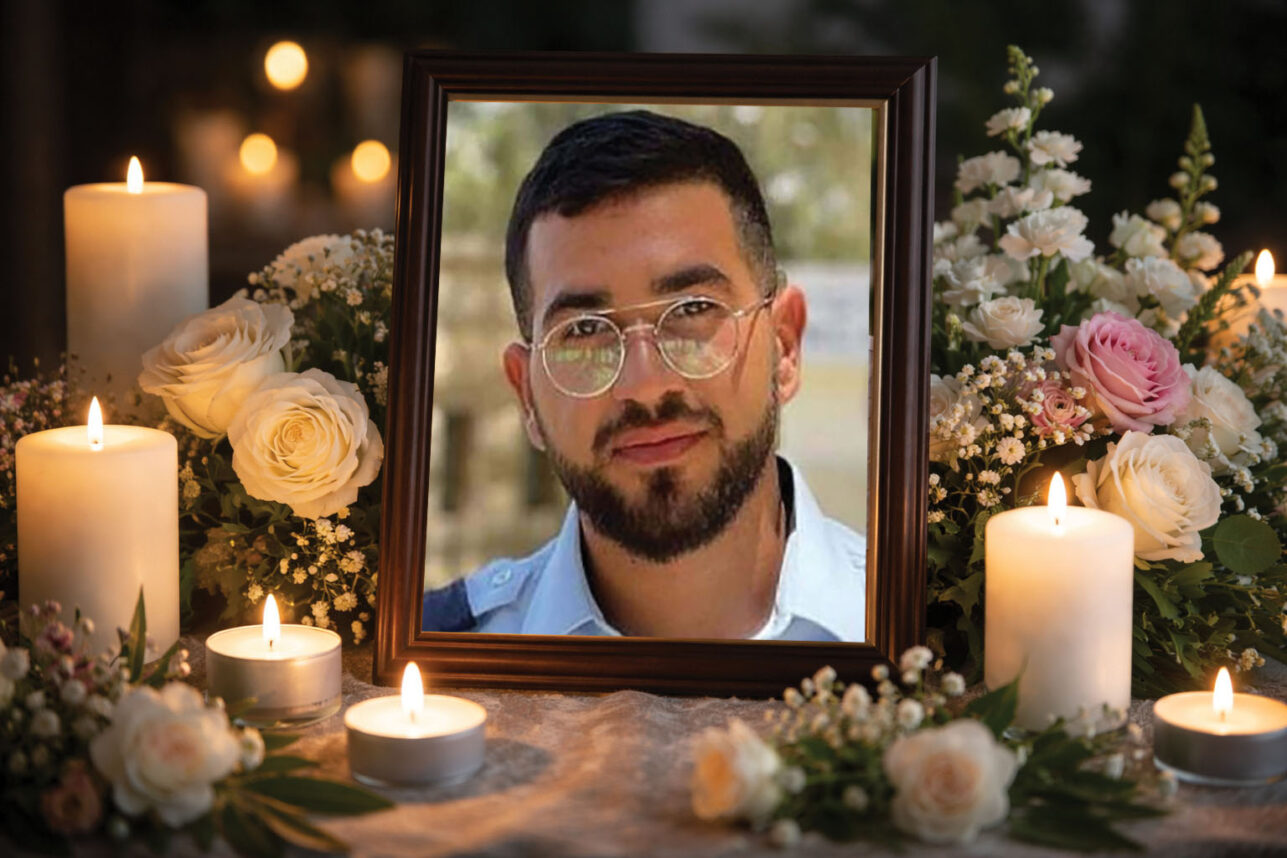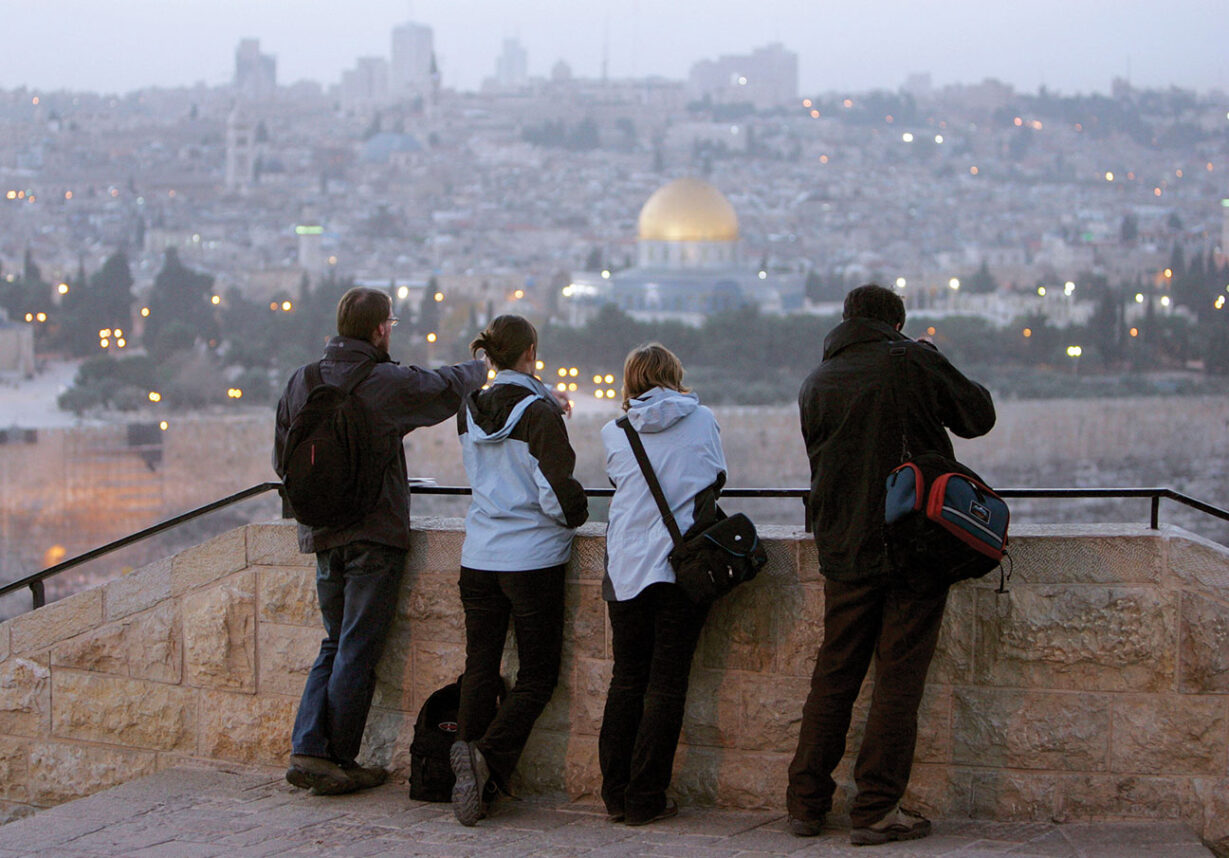
Maya Batash was grappling with personal issues when she first ventured to Uman, the renowned burial place of the 18th century mystic and kabbalist, Rabbi Nachman of Breslov. The experience was so transformative that Batash, a filmmaker and actor who moonlights as a neurologist, decided to return. Her second visit inspired her to begin making a documentary, which eventually morphed into a feature film. Eight years later, the result is Talking to God, (www.talkingtoGodmovie.com) an award-winning comedy Batash wrote and directed. The pic depicts the sage’s short story, “A Tale of Faith,” and explores hitboddedut, the spiritual practice embodied by the film’s title.
“I wanted to make a funny and fantastical trip of a film about the experience I had and all I learned along the way,” Batash says. “Though it’s a fictional story about a filmmaker with ‘troubles’ who travels and dreams about a fixer and a king and spiritual surgeon, it’s really a film about how to be happy.”
On screen, Batash portrays the film’s protagonist, a fictional “everywoman” in a state of crisis who is ready to grow. After 12 nights of insomnia, she journeys to Ukraine in search of a magic cure. Outrageous characters help her finally sleep. Through dreams and contemplation, she discovers the meaning of life and how to be happy—even with nothing.
Filmed on location on Staten Island, Brooklyn and Uman, the pic has scored honors aplenty at the Glorious Movie Awards, New York’s Retro Avant Garde Film Festival, MiraBan UK Film Festival and the French Independent Film Festival. TTG landed “Best Actress” for Batash at the Euro Film Festival Geneva and “Best Director” at the Florida Comedy Film Festival. In advance of its digital release slated for November 24, the Jewish Journal caught up with Batash in Jerusalem, where she now resides.
JEWISH JOURNAL: What propelled you to Uman?
MAYA BATASH: Desperation. I’d been having personal issues and a friend suggested a five-day group trip with a bunch of like-minded desperate women. It wasn’t exactly a spa vacation in the mountains… I was ready to try anything.
I thought I was supposed to feel something but I didn’t. When I came back home though, I felt completely different, as if I had been rebooted, if that makes any sense, and felt like I was given a gift.
JJ: What kind of gift?
MB: Tools to live in a more joyful and meaningful way.
JJ: How has making the film further delivered on that promise?
MB: According to Rebbe Nachman’s teachings, dancing sweetens judgements. It gives me a lot of joy. Turning on the radio and boogying in your own living room, every day, even for a few minutes, is very liable to make you happy–though 15 minutes works wonders.
JJ: How do you frame the film’s core message?
MB: No matter who we are, what we’ve done, what our religion is, God wants to be close to us. How do you get close to someone? By talking to them, sharing yourself with them—your feelings, your hopes, aspirations, disappointments, dreams, etcetera. That’s essentially how to talk to God. By doing that daily, you can create a vessel for God to create miracles in your life to help you. The only side-effect of this whole process is that you feel real joy afterwards.
JJ: In what ways is the film universal?
MB: The film is about happiness and how to have faith when times are tough—something every human being needs. The key to that is through having a regular daily conversation with God in a real and intimate way, as if with a close friend. Through doing this, we create a soul connection with the Source of all life. By feeding our souls with this daily connection, we fulfill the real purpose of creation and create a channel for potential miracles in our daily lives. Even atheists who saw the film told me they received a lot from it.
JJ: What do you love about the film?
MB: I love the comedic aspect. I love that it talks about something so meaningful in a fun and happy way.
JJ: What scene moves you the most?
MB: The ending, when the ladies talk to God.
JJ: How did you encounter the teachings of Rebbe Nachman?
MB: I started learning the Garden of Emunah book—written by Rabbi Shalom Arush, translated by Rabbi Lazer Brody—with my cousin. The teachings made me happy. When a different friend recommended a group trip to Uman, I was willing. You have to experience it to understand it.
JJ: Do you identify as a “Nach Nach”, as a disciple of Rebbe Nachman?
MB: I’m not so into labels. I keep shabbat, kashrut and try to be a better person through learning Torah and Hasidut.
JJ: Have you found the same kind of connection, meaning and joy that you portray in the film?
MB: A regular daily conversation with God is conducive to feeling very happy. I highly recommend it.
“A regular daily conversation with God is conducive to feeling very happy. I highly recommend it.” – Maya batash
JJ: How can hitboddedut help during this pandemic?
MB: If we ask God for help, we elevate fear, and realize God is really in charge of it all. Rabbi Nachman teaches fears of the natural world are “fallen fears”. By connecting and talking to God about them, we replace fallen fears with fear and awe of our Creator. And we calm down, because we realize it’s all One.
JJ: What does the film’s success mean to you?
MB: To feel that the film has impacted others would be the greatest award. But really, the award goes to God. I was just a vehicle to spread this message. It’s God’s recognition and honor because the film was made only through regular daily prayer and pleading. I asked for help literally in every phase of the filmmaking—from raising the funds, to getting the right cast and crew, to the production phase, to completing the last credit of the film. Even now, I’m asking God to help me to know what to say in this interview.
Links:
For the US:
https://itunes.apple.com/us/movie/talking-to-god/id1536856963?ign-mpt=uo%3D4
For Israel: https://itunes.apple.com/il/movie/talking-to-god/id1536856963
Lisa Klug (www.lisaklug.com) is a widely published freelance journalist and the author of the bestselling humor book, Cool Jew: The Ultimate Guide for Every Member of the Tribe, and its companion, Hot Mamalah.








